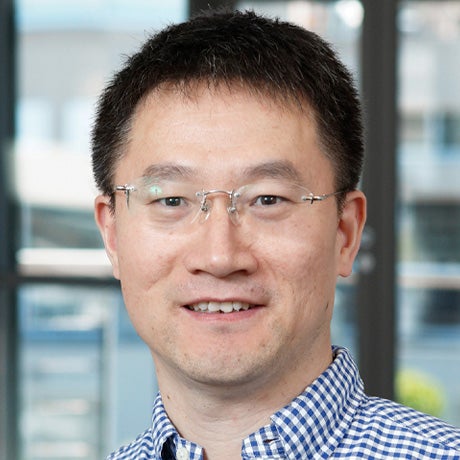6/17/2025
The Ai lab specializes in protein engineering and employs interdisciplinary approaches, including biophysics, bioanalytical chemistry, chemical biology, synthetic biology, and optical imaging. One of our main areas of focus is the…
6/17/2025
Mutations in any one of hundreds of genes cause neurodevelopmental disorders, like autism spectrum disorders and intellectual disability. For some unique genes, either an increase or decrease in their expression…
6/17/2025
The general research program in this laboratory deals with how cells can exhibit directed movements of plasma membrane glycoproteins. In particular, we are studying the role of cytoskeleton-plasma membrane interactions…
6/17/2025
Research in our laboratory is now focused primarily on Alzheimer’s disease (AD), the most common form of a group of neurodegenerative disorders known collectively as tauopathies. The histopathological hallmark of…
6/17/2025
6/17/2025
Arf family GTPases and their function in membrane trafficking and cell motility Cell biology of bacterial infection The innate immune response to bacterial infection
6/17/2025
The Chalfant Laboratory has historically focused on two major, but diverse areas of basic science in regard to Biochemistry, Biophysics, and Molecular Biology. Specifically, the Chalfant Laboratory studies mechanisms of…
6/17/2025
What are the mechanisms by which neuronal and nonneuronal forms of structural plasticity contribute to social memory in the healthy and diseased brain? To answer this question, my lab uses…
6/17/2025
The Coutinho-Budd lab is interested in the cellular and molecular aspects of glial cell development and function. Glia are critical components of the nervous system—almost everything that neurons do requires…
6/17/2025
The central objective of my lab is to understand how the host immune response is reprogrammed by tumors to promote growth and metastasis. Specifically, we focus on the role of…










